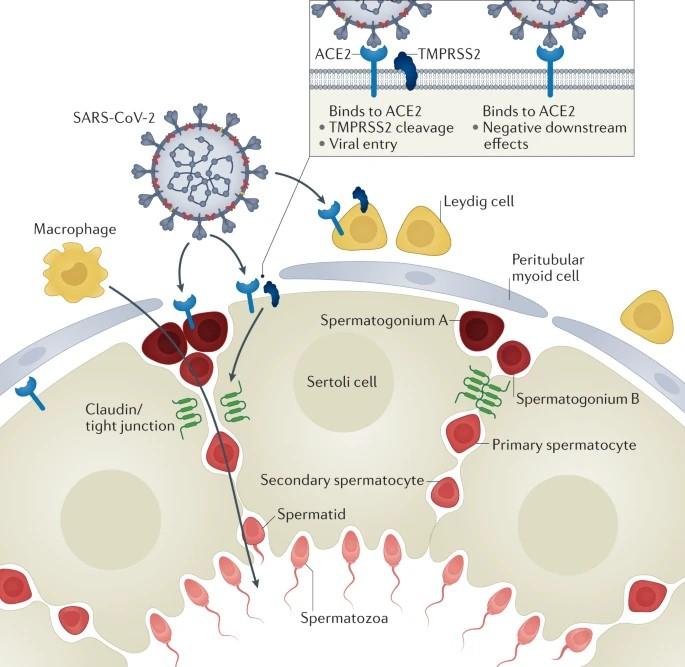
Caption
A new study from the University of Georgia explores the potential impact of the virus on male fertility.
Credit: Photo by RODNAE Productions from Pexels
A new study from the University of Georgia explores the potential effects of the coronavirus on male fertility. GPB’s Ellen Eldridge has more.

A new study from the University of Georgia explores the potential impact of the virus on male fertility.
Researchers at the University of Georgia are studying and suggesting further clinical experimentation to understand the effects of COVID-19 on major organs of the body.
That includes the testes, which are organs responsible for making sperm.
The testes are also involved in producing the hormone testosterone, which is important during male development and maturation for developing muscles, deepening the voice and growing body hair.
Clayton Edenfield, a doctoral environmental health science student in UGA’s College of Public Health, worked under the direction of associate professor Charles Easley on a paper published in Nature Reviews Urology that reviews the ways SARS-CoV-2 might target and infect testicular cells.

An image of how the SARS-CoV-2 virus affects the testis.
“There have been autopsy reports that show some sort of viral entry into the testis as well as downside effects of the virus in the testis," Edenfield said. "So, this is going to be things like inflammation and orchitis, testicular pain, as well as the breakdown of the blood-testis barrier."
Viral RNA has been detected in semen as well, Edenfield said.
Their questions about COVID's effects on fertility stemmed from the idea that viral infection of any of the main testicular cell types can negatively affect sperm output and quality.
Currently, understanding of the relationship between viral RNA load kinetics and disease severity in patients with COVID-19 remains fragmented, according to a study published March 27, 2020, in The Lancet using the first five cases of COVID infection in Europe.
Together, Edenfield and Easley examined published studies about particular proteins that work as a door to let SARS-CoV-2 into cells such as those in the lungs.
"These proteins are present in varying quantities in any organ system that SARS-CoV-2 appears to, in fact, interact with," Edenfield said.
To determine how COVID could be interacting with testicular tissues and function, Edenfield said they used available data from around the world gathered from testing cells in a lab, experimenting on animals, clinical data from hospitals and autopsy reports.
So, while no specific evidence points to damage to male fertility from contracting COVID, Edenfield said more research is necessary.
"We've basically come to the conclusion that in severe cases of SARS-CoV-2 infection, severe cases of COVID, that the testis is at a disadvantage, is at risk of being impacted by severe COVID infection," Edenfield said.
Future research is necessary to fully understand any effects that severe COVID infection might have on long-term damage to fertility and future generations.
"So really, if anything, we've just shown that there's a lot more questions," Edenfield said.